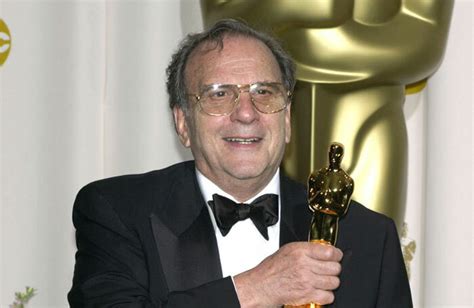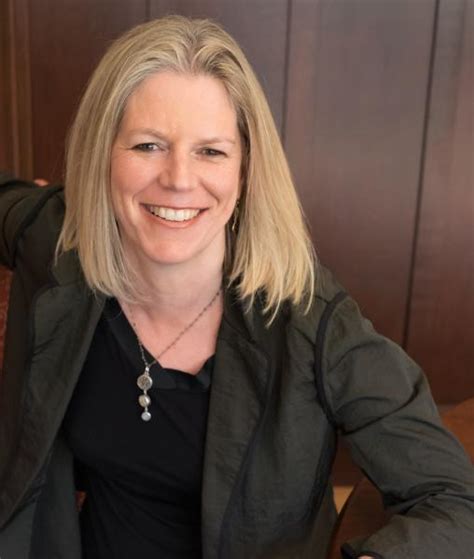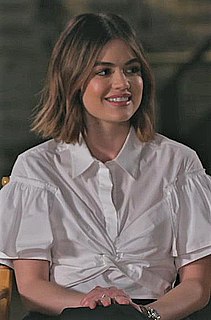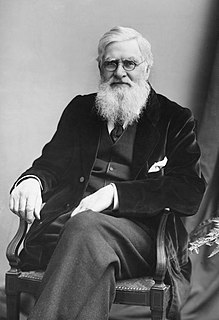A Quote by Ronald Harwood
THE WORLD OF YESTERDAY is ostensibly an autobiography but in truth it is much more than that. In this remarkably fine new translation, Anthea Bell perfectly captures Stefan Zweig’s glorious evocation of a lost world, Vienna’s golden age, in which he grew up and flourished.
Related Quotes
In fiction, I have been on a Zweig kick. In England over December, I noticed that many British newspapers' year-end recommenders were praising the Pushkin Press for reissuing several works by Stefan Zweig, a brilliant Austrian writer whose work brings to mind that of his compatriot Joseph Roth... these fictions are a treat of prewar European literature
Until now in world's history, whenever we've had a dark age, its been temporary and local. And other parts of the world have been doing fine. And eventually, they help you get out of the dark age. We are now facing a possible dark age which is going to be world-wide and permanent! That's not fun. That's a different thing. But once we have established many worlds, we can do whatever we want as long as we do it one world at a time.
Young women now, this generation - girls my age too, but even younger than I am - they're the ones that are going to change the world. They've grown up in such a new way of thinking about women and female empowerment. I grew up with a little bit of that, but teenagers now, those are the girls that are going to make the world a different place for everyone else.
I went to school in New York and grew up in and out of New York. I love it, and I miss it, and every time I go back, I think, 'Why am I in Germany?' I do know that my career is really important to me, and in Germany, they've always been so much more supportive than my previous engagements in the dance world.
Different ages have certain approaches, which may be more effective for one age and no longer effective in another age. The world that we live in now has much greater density to it; it is much more all-pervasive. And when I say "world," I include the human mind in it. The human mind has grown even since the time of the Buddha, 2,500 years ago. The human mind is more noisy and more all-pervasive, and the egos are bigger.
I was born on the other side of the tracks, in public housing in Brooklyn, New York. My dad never made more than $20,000 a year, and I grew up in a family that lost health insurance. So I was scarred at a young age with understanding what it was like to watch my parents lose access to the American dream.






































